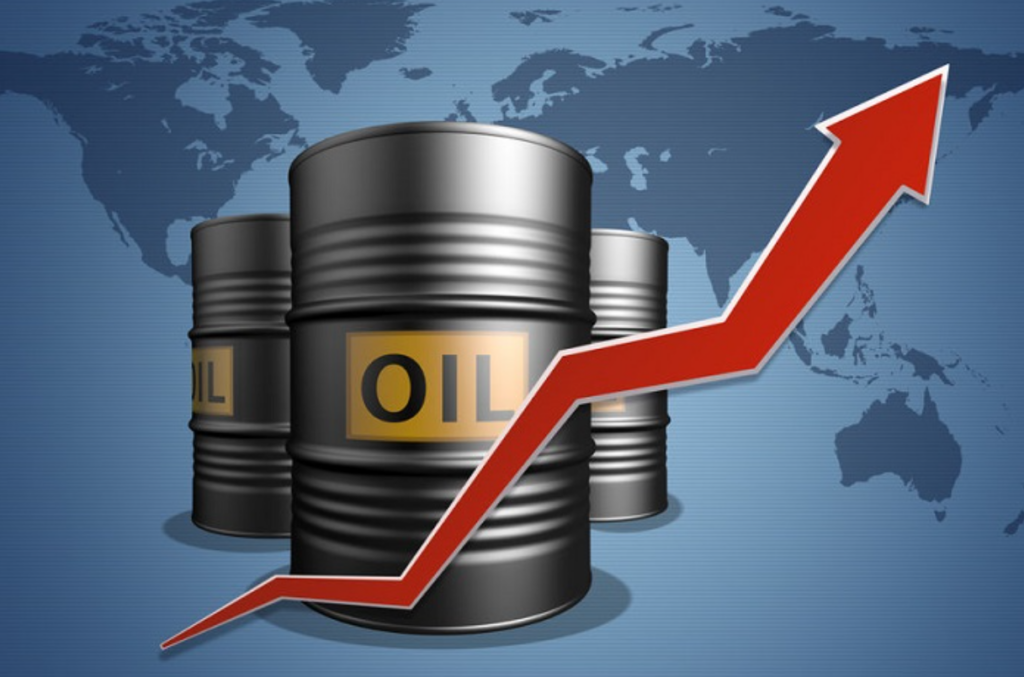Oil prices edged higher on Friday but remained on course for their steepest weekly loss in three months due to concerns about demand and high interest rates.
Brent crude futures for July rose 43 cents, or 0.5%, to $84.10 a barrel by 1200 GMT. U.S. West Texas Intermediate crude for June was up 34 cents, or 0.4%, to $79.29 per barrel.
Both benchmarks are set for weekly losses amid worries that sustained high-interest rates could dampen economic growth, particularly in the U.S., the world’s leading oil consumer.

“We view the commodities sell-off over the last two days as collateral damage from the Fed repricing and non-fundamental in nature,” JP Morgan analysts wrote in a note.
The U.S. Federal Reserve held interest rates steady this week and flagged high inflation readings that could delay rate cuts. The market awaits monthly data due on Friday about U.S. nonfarm payrolls, a measure of labor market strength that the Fed takes into consideration when setting interest rates.
Also on Friday, energy services firm Baker Hughes is due to release its weekly count of oil and gas rigs, an indicator of future crude output from the world’s top producer.

Geopolitical risk premiums due to the Israel-Hamas war, which has the potential to lead to oil supply disruption, have also faded as Israel and Hamas consider a temporary ceasefire and hold talks with international mediators.
“Hopes of a ceasefire and a sharp rise in U.S. crude oil inventories have caused the price of a barrel of Brent crude to slip below $85,” said Commerzbank analyst Barbara Lambrecht.
Looking ahead, the next meeting of OPEC+ oil producers – members of the Organization of the Petroleum Exporting Countries and allies including Russia – is set for June 1.
Three sources from the OPEC+ group said it could extend its voluntary oil output cuts of 2.2 million barrels per day beyond June if oil demand does not increase.
JP Morgan, which expects OPEC+ to extend cuts beyond June, said that a counter-seasonal rise in oil inventories last month would be a concern for the producer group.
“The stock builds in April will turn into draws in May through August and can push prices into the $90s in September,” the bank said.


